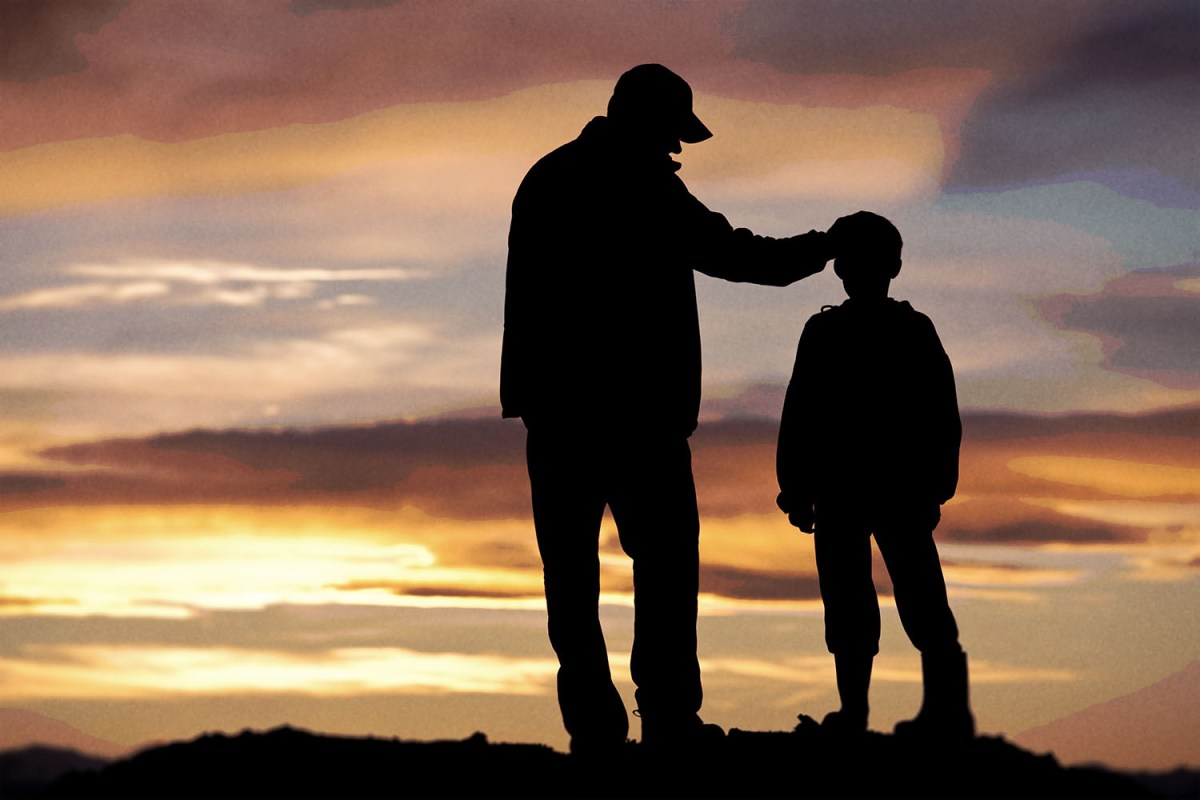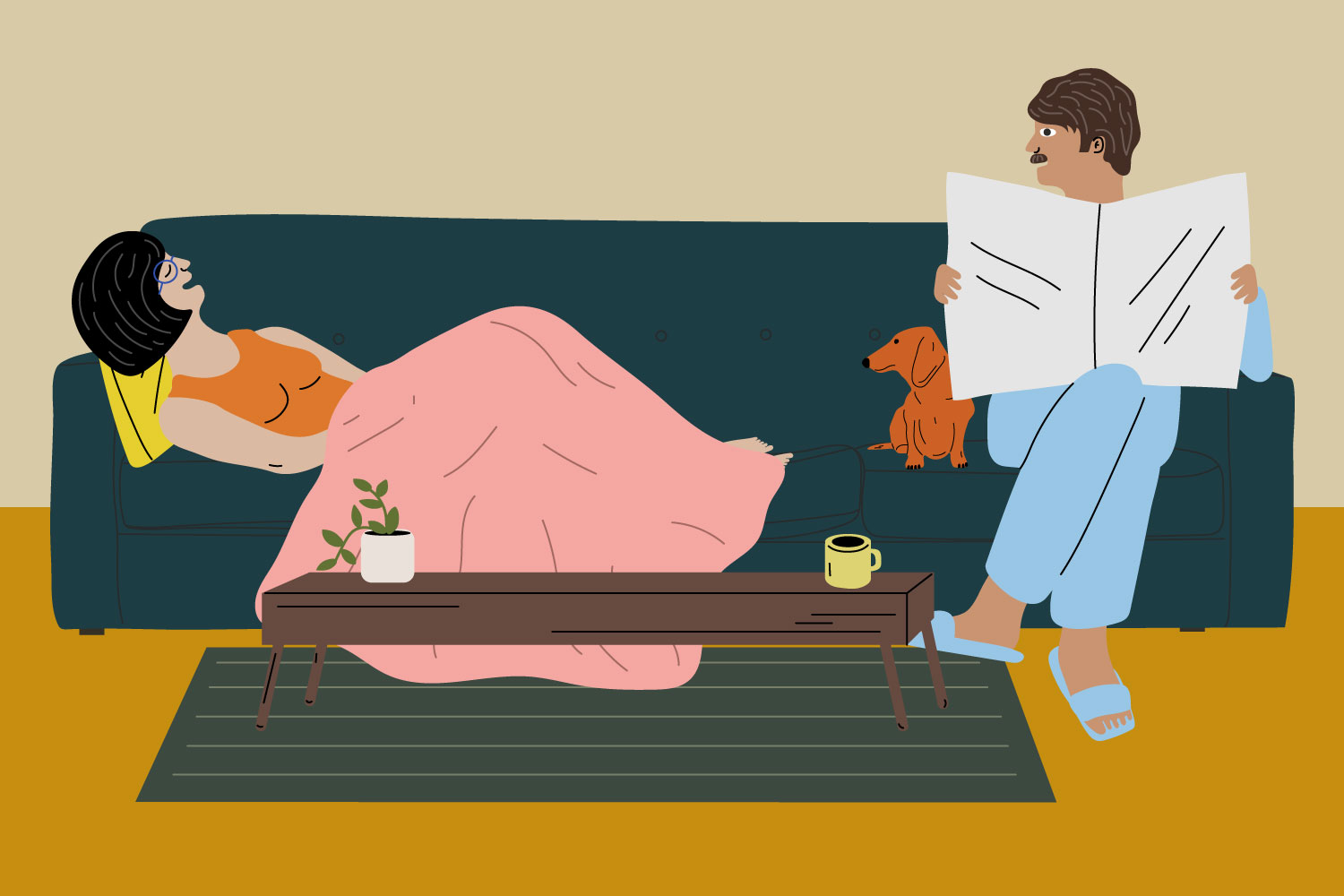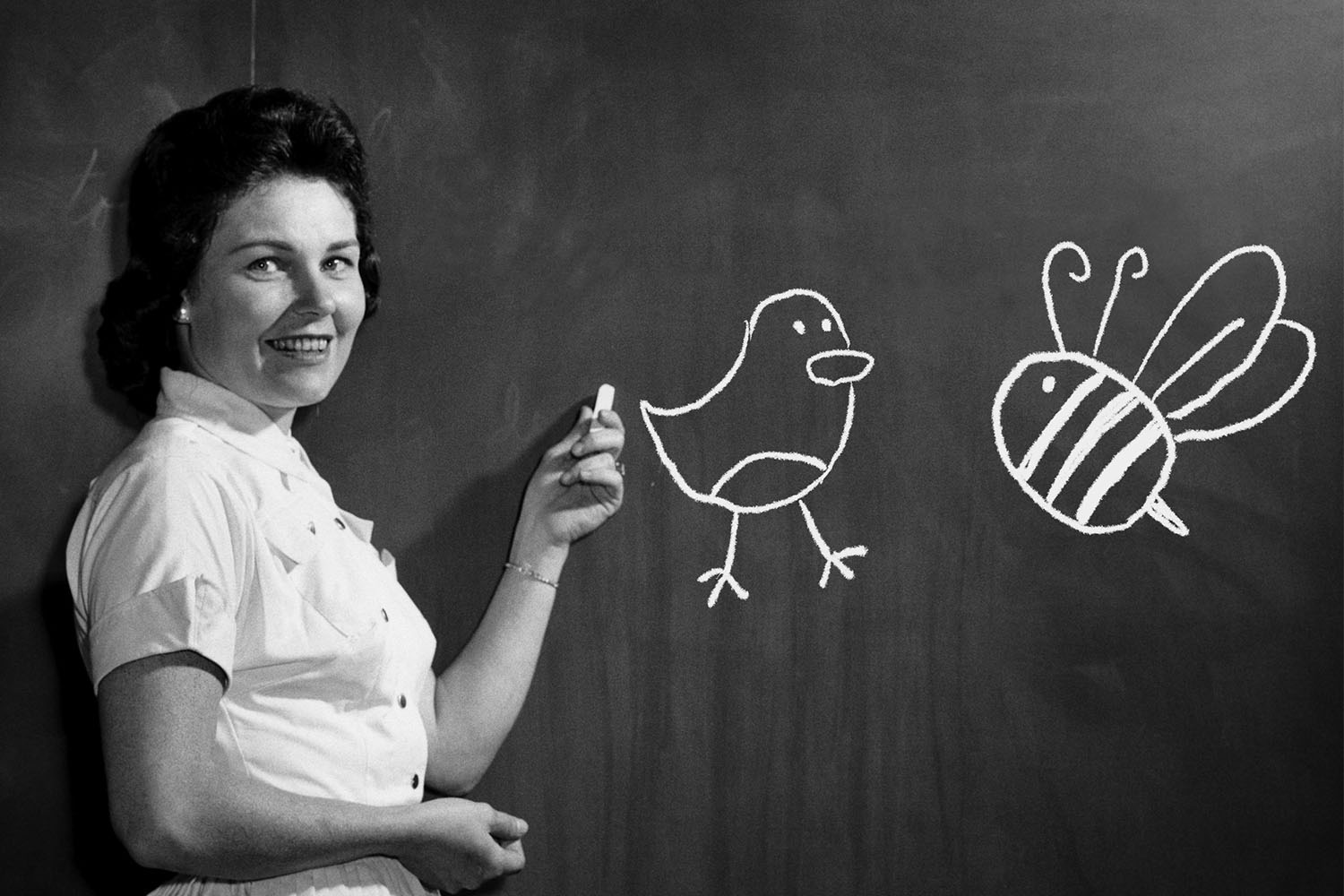No one teaches us to masturbate — in part, perhaps, because no one thinks they have to. Something many people begin doing as children, often without really understanding what they’re doing or why, we tend to think of masturbation as a natural instinct, something most kids will inevitably gravitate towards and figure out on their own.
Then, of course, there’s the lingering stigma surrounding self-pleasure that still colors societal attitudes toward solo sex, even in a supposedly sex-positive era. Yes, there are certainly still plenty of parents eager to dodge the sex talk altogether, but even open-minded folks determined to educate their children about the facts of life in a shame-free environment might balk at the idea of including masturbation in the lesson plan. Maybe because they don’t think it’s necessary, or maybe because they still have some internalized hangups about self pleasure of their own.
I don’t have kids and do not plan to, so the sexual education of children is admittedly not something I spend a lot of time thinking about. Last month, however, when Brian Gresko penned an essay for Slate about teaching his pre-teen son to masturbate, it struck me as odd that I’d never even heard of or considered such a thing. I obviously didn’t receive any such lessons from my own parents, who could barely muster a sex talk that focused primarily on abstinence, nor would I have expected one. To this day, while I’ve identified many ways in which I wish my parents had been more sex-positive, I can’t say for sure that I would’ve even wanted a masturbation talk from mom and dad. But, of course, that’s probably just whatever lingering shame I myself have internalized about masturbation talking.
According to Kate Klein, LMHC, Psychotherapist and Sex Therapist, masturbation is just as important an aspect of sex education as anything else, and talking about it with children is something she recommends to all parents who want to support their child’s healthy development. “I believe it is imperative and a parent’s responsibility to talk to their child about sexuality and sexual health, which includes masturbation,” says Klein.
Sure, most kids will probably learn about masturbation on their own, (either before or after they actually start doing it) but the information they get from friends and the media will likely be colored with shame and inaccuracy. As Klein puts it, if you don’t talk to your children about masturbation, who will? After all, “Porn is performative, information from peers is usually incorrect, and societal/cultural messages are confusing, contradictory, sex negative and often shame and guilt ridden.” And left to their own devices, kids may not even understand exactly what they’re doing, why or how to do it safely.
If your goal is to raise well-adjusted, open-minded children with healthy relationships to sex and their bodies, then masturbation has to be part of the sex ed lesson plan (one that, as we know, the vast majority of kids probably aren’t going to get in school).
“Masturbation is a form of self-love and self-care that can be cultivated and enjoyed over a lifetime,” says Klein. “Teaching your child to have a nourishing, creative, open-minded and playful relationship to their body is a beautiful gift.”
But since old hang-ups die hard for even the most progressive among us, Klein has shared some expert tips on talking to kids about masturbation for the many parents out there who still blush at the idea.
When is the best age to start talking about masturbation?
According to Klein, there’s no magic age that will be the right time to give your kids the masturbation talk. As is true of most aspects of parenting, the timing “will depend on each unique child’s development and behaviors.”
One helpful sign to look out for, of course, is if you notice your child has already started exploring. “This is the time to have a conversation about their behavior and boundaries,” says Klein. “This could look like explaining that self-pleasure is a private activity and providing examples of where it is and is not appropriate to touch our genitals.”
For some kids, this may happen at a younger or older age than others, or not at all (at least not to parent’s knowledge). Regardless, you’ll definitely want to get the ball rolling by the time puberty hits. “Pre-teen age is a great time to go into more depth about masturbation,” says Klein, adding that some children as young as eight or nine may begin puberty.
Fit masturbation into the broader framework of your sex ed narrative
Again, talking about masturbation really shouldn’t be any different than talking to your kids about other aspects of sex. If you’re already open to talking to your children about sex, consent and their bodies, then masturbation can probably blend pretty seamlessly into those conversations.
“Think about what values you may want to share with your child about masturbation,” says Klein, and how those values align with what you’ve already taught them, or plan to teach them, about sex in general.
It’s also worth noting that these conversations may look different at different points in a child’s life.
“Between the ages of one to five, a parent can normalize behavior, use correct anatomical terminology (penis, vulva, clitoris) and begin conversations around boundaries and consent,” says Klein. “Safety wise, you can provide some information about what is and is not safe to put near our genitals.”
By the pre-teen age, says Klein, parents can begin to provide some more detailed instructions, in addition to normalizing and affirming self-pleasure and bodily sensations. “Explain methods of masturbation, including using lubrication and how to stimulate a penis for penis owners, and discuss the clitoris and its location for vulva owners,” says Klein. “Lastly, discuss expectations such as bodily fluids/secretions and orgasm.”
The reality is, many people’s sex lives begin with masturbation. Talking about it with your children is probably one of the most important things you can do to help them establish a healthy relationship to sex and their bodies from a young age. “I cannot stress the importance of normalizing self-pleasure as a natural and nourishing form of self-love enough,” says Klein.
It may still seem awkward to talk to your kid about masturbating, but, like many things, it’s only awkward if you make it awkward. Not talking about it is what makes it awkward.
The Charge will help you move better, think clearer and stay in the game longer. Subscribe to our wellness newsletter today.



























